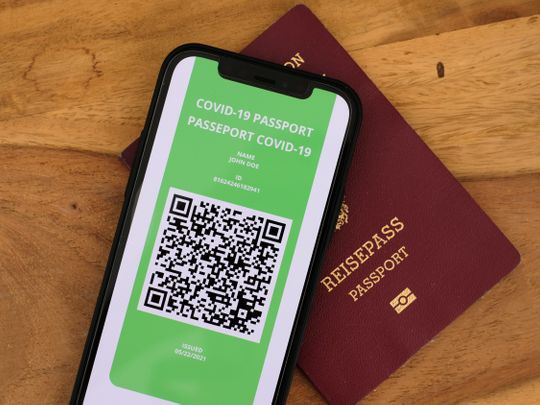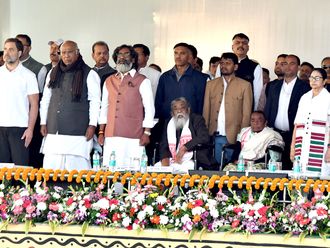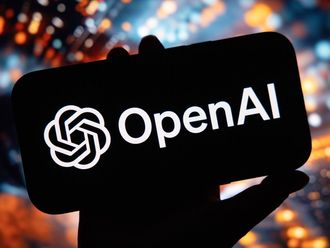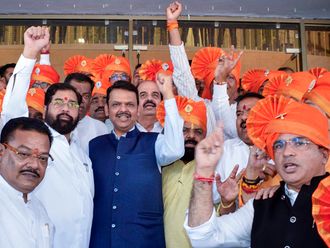
We Indians love to outrage. And this week, the target of outrage was the European Union. It began when reports emerged that vaccines being administered in India, the home made Covaxin by Bharat Biotech, and Covishield which is produced by Pune’s Serum Institute and is the exact same formula as Oxford’s AstraZeneca vaccine, are not recognised by the EU for a “green pass” to travel seamlessly within the bloc.
What is this “green pass”? It is a digital certificate that is meant essentially to help EU citizens and residents move within the EU without any problems.
Before details could emerge, several voices on Twitter were quick to fire the racism gun. On the face of it, the anger was justified. After all, why does the EU recognise a vaccine which is made in the UK but NOT recognise the same formula which is made in India?
The head of the Serum Institute, Adar Poonawala, also took to Twitter and grandly declared that he had taken up the matter “at the highest levels both with regulators and at a diplomatic level”.
It soon became clear however that much of this outrage was misplaced. The fact is every vaccine manufacturer has to apply to the European Medicines Agency (EMA) for approval separately.
EU clarifies position
EU officials clarified in a statement that even though the Covishield vaccine has the same technology as the UK’s AstraZeneca, it still has to apply for approval because “vaccines are biological products, even tiny differences in manufacturing conditions can result in differences in the final product and therefore EU law requires the manufacturing sites to be processed and approved”.
Simply put, the Serum Institute had not done its homework and had not applied for EU approval in time. It has done so now.
Meanwhile the Indian government went into a tizzy and threatened to quarantine travellers arriving into India from the EU if the EU didn’t approve Covaxin and Covishield for those travelling from India.
Considering that the Serum Institute had not even done its mandated paperwork with the EMA, and that Covaxin still needs a green light from the World Health Organisation (WHO), this diplomatic threat appeared more like a hissy fit.
Why should India insist that other countries accept vaccines made in India when the manufacturers have not even done basic due diligence and paperwork that is required of them? Why are we special?
Right to frame own rules
In any case, every country within the EU has always had the right to frame its own rules for international travellers. Which is why several of them, including Iceland, Switzerland, Estonia, Spain among others have recognised both doses of Covisheild, which is approved by the WHO.
Every country also has its own set of restrictions in place, such as a ban on leisure travel for now, the need to produce negative RT PCR tests and so on. There are some like France, which only allow EMA approved vaccines.
One can argue that Europe has mired itself in too much red tape. After all, why should the European Medicines Agency have a separate say from the World Health Organisation? Shouldn’t WHO approval be enough for universal acceptance of vaccines? But at the moment that’s not the case and instead of focusing on this misplaced outrage over the EU green pass and making threats, the Indian government should push Bharat Biotech to get its act together. The company has only in late June submitted the phase 3 efficacy data for Covaxin to the drug controller of India, data which has not yet been published in an internationally recognised, peer reviewed journal.
The company had boldly said back on February 22, 2021, that they would submit this data within two weeks. Those two weeks turned into many months.
The only other vaccine available in India at the moment is Russia’s Sputnik V, which is also not approved by the WHO yet.
The emergency approval for Moderna by the Indian government gives some hope. But we have a long way to go to meet our target of vaccinating all adults by the end of the year. We need to get our vaccine act together. Fast.








